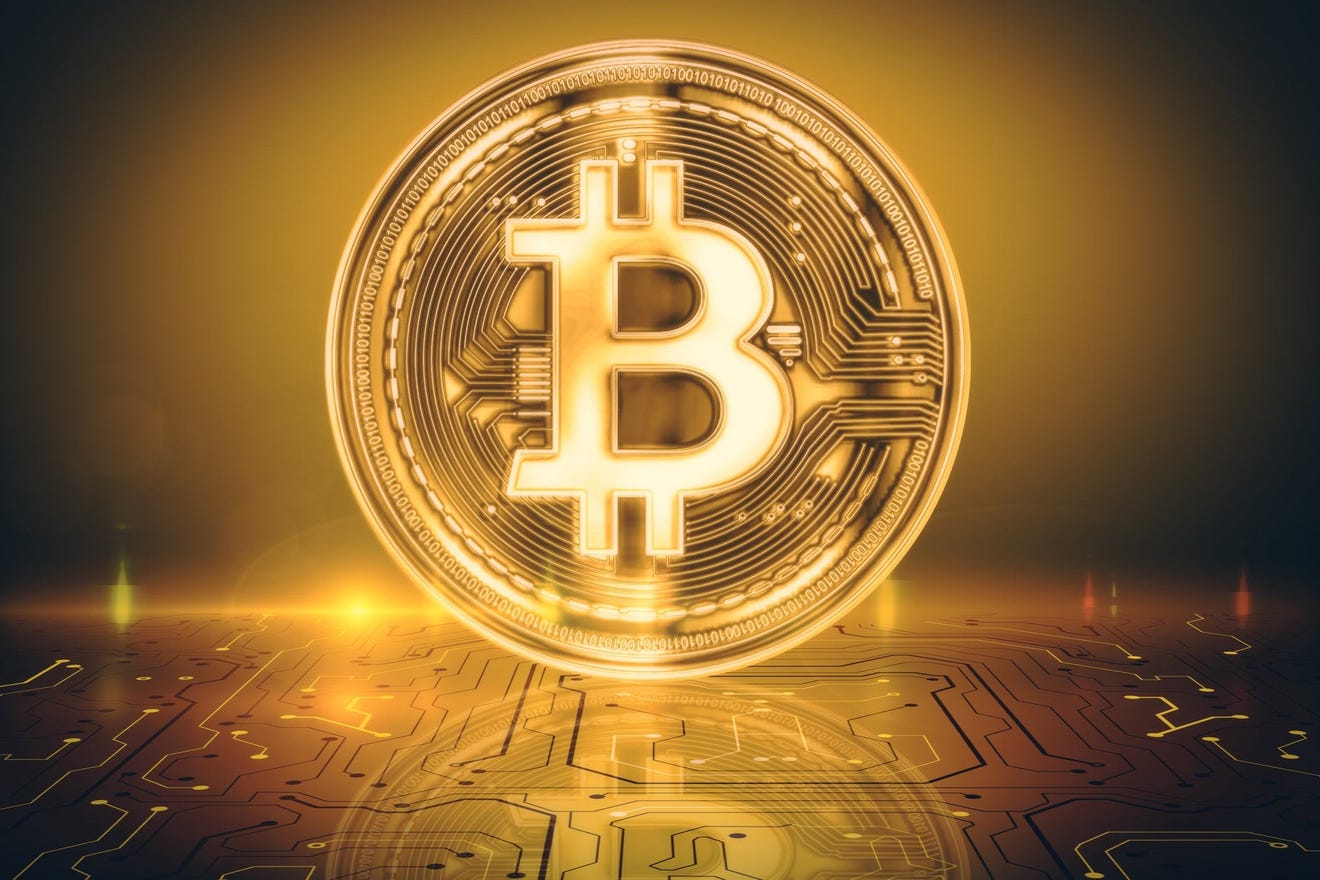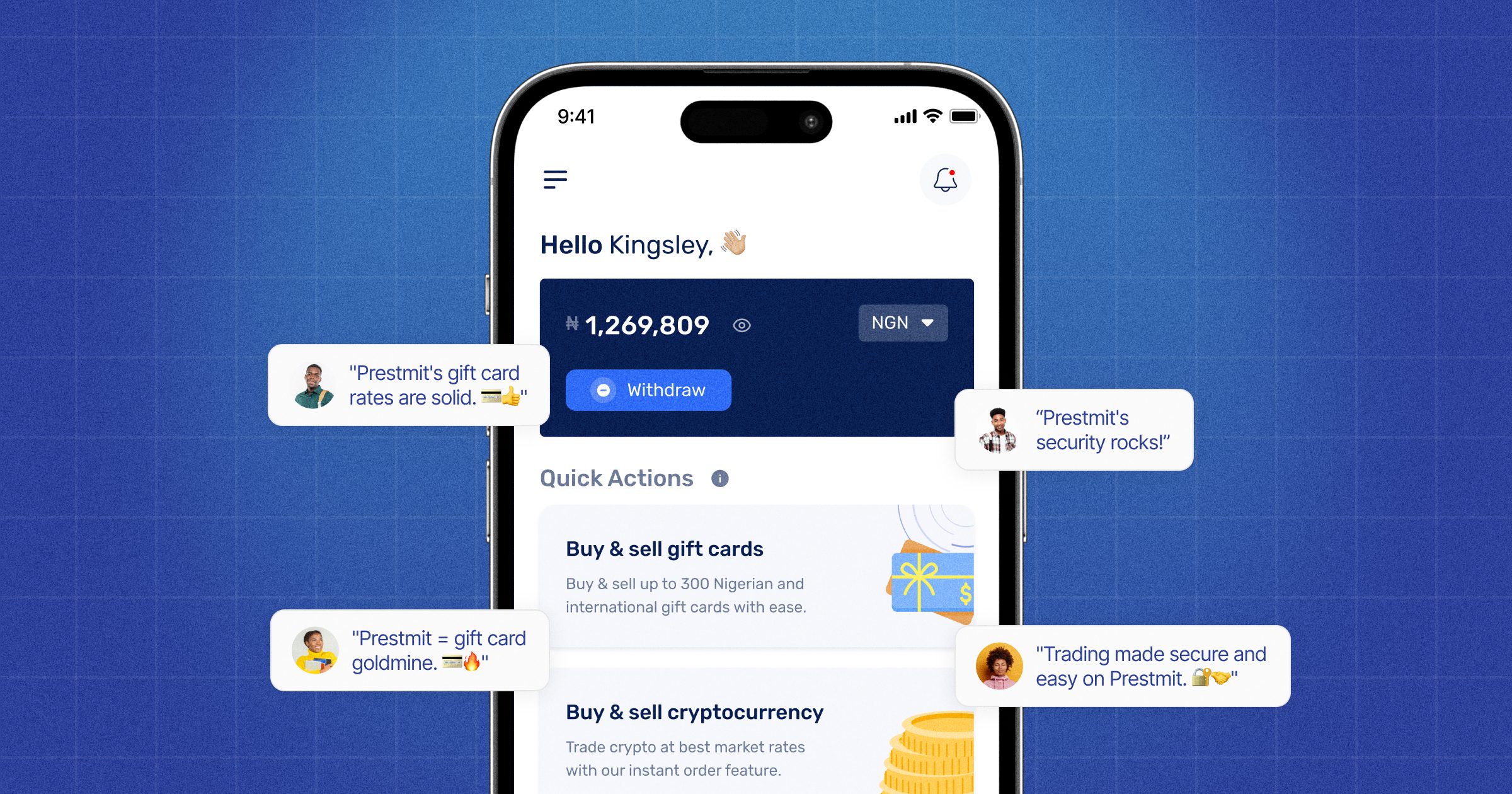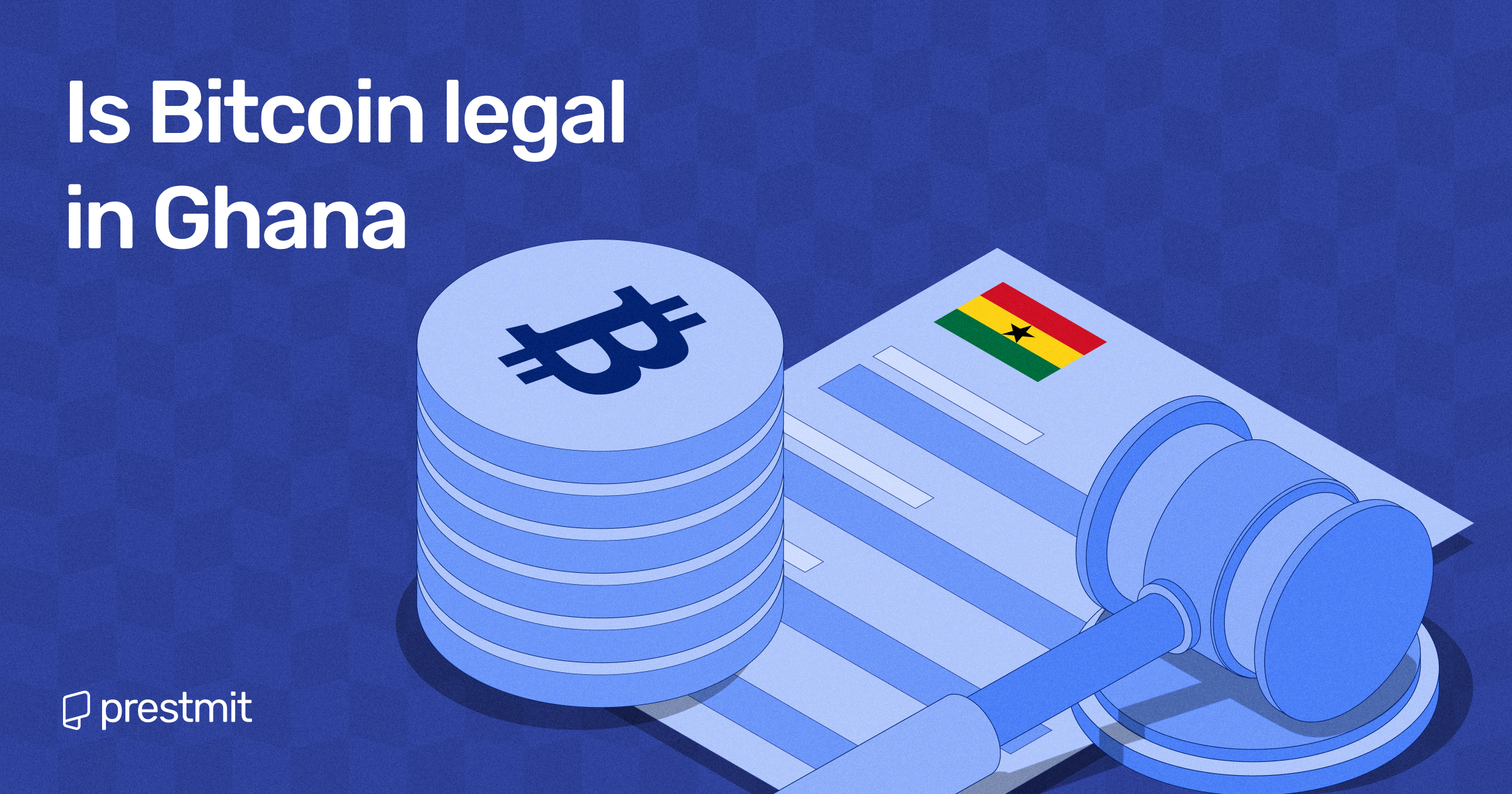Table of Contents
The rise of Bitcoin as a digital currency has sparked both excitement and concern across Africa. While some see it as a financial revolution offering investment opportunities and others worry about its unregulated nature and potential risks. Different African countries have taken varying approaches; some have embraced it while others imposed outright bans and many remain somewhere in between.
If you are thinking of buying Bitcoin in Ghana, you’ve probably asked yourself. Am I allowed to do this?” It’s a fair concern. Cryptocurrency operates outside traditional banking and the rules are not always clear. The last thing anyone wants is to invest money into something that might land them in legal trouble.
But the answer isn’t as simple as a yes or no, but it is also not as complicated as you might fear. Ghana’s stance on Bitcoin sits in what many describe as a regulatory grey area, leaving both opportunities and questions for anyone looking to get involved in cryptocurrency.
In this article, we will discuss exactly what Ghana’s laws say about Bitcoin as some countries have banned Bitcoin, while others are relaxing their strict stance on cryptocurrencies
What is the Current Legal Status of Bitcoin in Ghana?

Bitcoin is not officially recognized as legal tender in Ghana. This means it cannot be used as an official medium of exchange to settle debts or conduct transactions in place of the Ghanaian cedi. Businesses are not obligated to accept it as payment, and it does not hold the same legal standing as the national currency.
However, using, holding, or trading Bitcoin is not illegal. There are currently no laws in Ghana that prohibit individuals from buying or selling cryptocurrencies. Instead, Bitcoin operates in an unregulated space. This means that Bitcoin is not governed by any specific financial law or protected under the country’s monetary framework.
The Bank of Ghana (BoG) has made this clear in several public notices, emphasizing that cryptocurrencies are not issued or guaranteed by the government and therefore carry potential risks for users. These warnings are meant to help users understand that, while participation is allowed, it’s entirely at their own risk.
Despite the caution, Ghanaians continue to embrace Bitcoin. Many individuals use trusted international platforms and local peer-to-peer (P2P) exchanges to buy, sell, and store digital assets securely. Some fintech startups in Ghana have also begun integrating blockchain and crypto-related services, reflecting the growing interest within the country’s tech and financial communities.
What is the Outlook of Crypto Licensing And Regulations in Ghana?
Cryptocurrency has faced challenges similar to the early days of social media, where innovation preceded regulation. The Bank of Ghana has acknowledged the existence of cryptocurrencies, and there have been discussions about establishing a regulatory framework in Ghana.
Therefore, it seems the country is about to lift its longstanding crypto ban with the unveiling of its inaugural draft guidelines for digital assets in August 2024. The proposed regulations followed an in-depth review of the crypto landscape to improve innovation in the financial market while considering inherent risks like crypto scams, consumer protection issues, money laundering and terrorism financing.
The Bank of Ghana indicated that the regulatory framework would enable Ghanaians to use popular crypto assets like Bitcoin and Ethereum. However, it clarified that banks and payment service providers remain banned from facilitating crypto asset transactions until the formal guidelines come into effect.
In addition, the regulations mandate that virtual asset service providers (VASPs) operating or intending to operate in Ghana apply for licensing from the Bank of Ghana or Ghana’s Securities and Exchange Commission (SEC). Therefore, any entity that fails to register by the specified deadline will be deemed illegal in the country.
The VASPs must perform customer due diligence and transaction monitoring. It also includes reporting suspicious transactions to the Federal Intelligence Centre (FCI), conducting detailed risk assessments, and implementing a risk-based approach to prevent financial crimes. Therefore, it is important to note that no agency has declared crypto exchange operations as illegal
Why is Ghana Moving Toward Regulation?
1. Protecting Consumers and Preventing Fraud
One of Ghana’s main goals is to safeguard citizens from scams, Ponzi schemes, and fake trading platforms that exploit the unregulated crypto space. By creating a formal legal framework, the Bank of Ghana (BoG) and the Securities and Exchange Commission (SEC) can hold operators accountable and promote responsible trading.
2. Encouraging Innovation and Attracting Investment
Clear regulations will help legitimate fintech and blockchain startups grow without fear of legal uncertainty. This structure gives both local and foreign investors the confidence to fund crypto-related projects, turning Ghana into a regional innovation hub for digital finance.
3. Influence from Regional Crypto Growth
Neighboring countries like Nigeria and Kenya have seen the rapid adoption of cryptocurrencies for payments, savings, and business transactions. Ghana’s policymakers recognize this trend and aim to stay competitive in the region by developing a regulatory system that balances innovation with safety.
4. Integrating Crypto into Formal Finance
Regulation will allow cryptocurrencies to play a more active role in remittances and cross-border trade, two key areas of Ghana’s economy. With oversight in place, crypto can be used for faster, cheaper, and more transparent transfers, helping boost financial inclusion.
5. Building Trust and Financial Stability
By moving from cautionary advisories to structured regulation, Ghana seeks to strengthen trust between the government and the crypto community. The end goal is not restriction, but transparency, investor protection, and long-term economic growth through responsible digital finance adoption.
What Does the Regulation Mean for Ghanaian Users?
1. Safer and More Transparent Trading
Once the regulation takes effect, Bitcoin and other crypto transactions will operate under clear rules. Licensed exchanges and wallet providers will need to meet strict compliance standards, making it easier for users to identify legitimate platforms. This will reduce scams, improve fund security, and make the crypto market more transparent overall.
2. Taxation and KYC Requirements
Regulation is likely to introduce tax obligations on crypto earnings, especially for trading profits or business transactions involving Bitcoin. At the same time, users will be required to complete Know Your Customer (KYC) verification on all regulated platforms. These steps will help the government monitor transactions and ensure the market operates within lawful boundaries.
3. Adaptation by Local and International Exchanges
Local platforms and similar exchanges will have to register as Virtual Asset Service Providers (VASPs) and meet new operational standards. Global exchanges serving Ghanaians like Binance or Coinbase may also need to comply with local laws to continue offering services legally.
4. Legal Bitcoin Payments for Businesses
Regulation could make it possible for businesses to accept Bitcoin payments within a recognized legal framework. Merchants will be able to process crypto transactions transparently, backed by proper recordkeeping and tax reporting, opening new opportunities for digital commerce.
5. Stronger Trust Between Government and Users
Clear regulation will help bridge the trust gap between authorities and the crypto community. By providing legal clarity instead of outright warnings, the government shows support for innovation while protecting users thereby encouraging broader adoption and responsible participation in Ghana’s digital economy.
How To Trade Bitcoin In Ghana

While Bitcoin is not a legal tender in Ghana, you can trade the asset in the country. If you are thinking of the best place to trade your Bitcoin, Prestmit is one of the top crypto exchanges in Ghana. This is owed to the innovative features such as a Bitcoin rate calculator, advanced security system, multiple payment options, fast payment, etc., that make your trade seamless and profitable on the platform.
How To Sell Bitcoin On Prestmit In Ghana
Here are the steps to sell your Bitcoin in Ghana:
- Visit the official Prestmit website or download the Prestmit app on the Google Play Store or Apple Store.
- Create a Prestmit account and log in.
- Click “Crypto” and choose “Sell Bitcoin.”
- Copy the Bitcoin wallet address or download the QR code.
- Follow the prompts to sell your Bitcoin.
- You will receive payment immediately after the successful confirmation of your transactions.
Frequently Asked Questions (FAQs) About Bitcoin Legality In Ghana
Is Bitcoin banned in Ghana?
No, Bitcoin is not banned in Ghana. However, it isn’t officially recognized as legal tender. The Bank of Ghana advises caution while using or investing in cryptocurrencies.
Can I legally buy Bitcoin in Ghana?
Yes, you can legally buy Bitcoin in Ghana through reputable crypto exchange platforms like Prestmit where you can trade your gift card for Bitcoin, even though it’s not yet regulated by the government.
Can I use Bitcoin to make payments in Ghana?
While Bitcoin payments aren’t officially approved for mainstream transactions, some private merchants and freelancers accept them as an alternative payment method.
Do I have to pay tax on Bitcoin profits in Ghana?
Currently, there are no clear tax guidelines, but future crypto regulations may introduce taxes on capital gains or trading profits
Is it safe to invest in Bitcoin from Ghana?
It can be safe if you use trusted platforms, enable strong security measures, and avoid scams. Regulation will likely make the environment even safer.
Conclusion
We can not overemphasize the need to trade Bitcoin where its trade its legal. This protects you from losing money and facing the wrath of the law that prohibits such transactions. So, it can be inferred that Ghana does not outright ban crypto with the recent draft of digital asset regulations.
However, you must ensure that the exchange or trading platform you use is duly registered with the Bank of Ghana or Ghana’s SEC before making transactions.
Last updated on October 28, 2025

